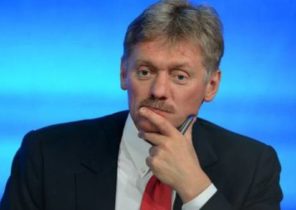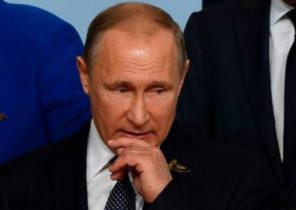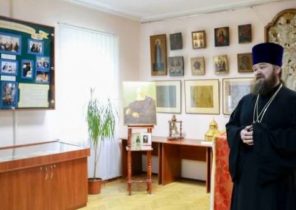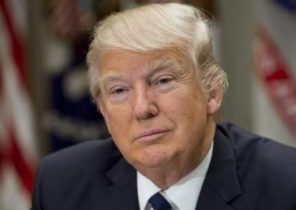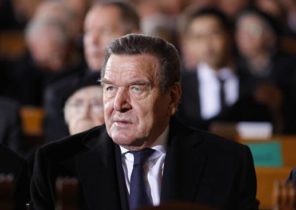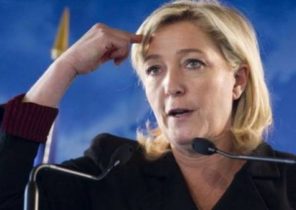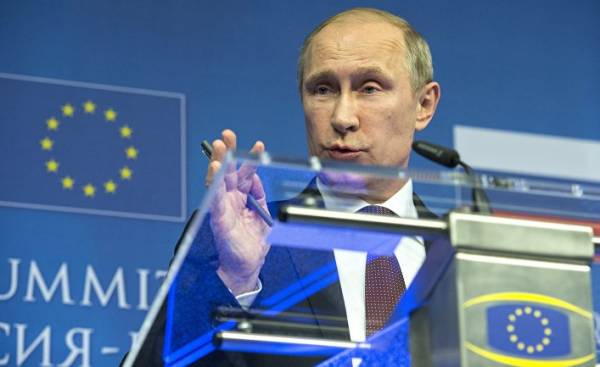
For Vladimir Putin it’s a good time. Recently marine Le Pen (Marine Le Pen) managed to pass the second round of presidential elections of France. According to opinion polls, she is unlikely to win the presidency, but who knows. Politics in Western democracies has become so unpredictable that this could happen. And you can be sure that Putin will do everything possible to defeat marine Le Pen. As he did in the presidential election of America when Russian hackers managed to so discredit Hillary Clinton (Hillary Clinton) that she was with minimal lag lost Trump (Trump).
The rating of Putin’s success is high:
Elections Trump.
Brakcet.
He was so badly shook the foundations of EU cooperation that went serious conversations on the collapse of the Soviet Union. And there is a risk that this will occur if marine Le Pen becomes French President.
Russian dominance in the Syrian conflict.
Putin cynically preserves the power of the mass murderer Assad to strengthen Russian influence in the region.
Consistent efforts to create a frozen conflict in Eastern Ukraine.
The goal, of course, to further destabilize the situation in Ukraine.
The fact that Russian also caught red-handed when carrying out hacker attacks on Danish defence, it was, in General, is to be expected. This mode is deeply put their hands in the Affairs of our society.
Putin’s defenders argue that he is merely protecting Russian interests, that it has full legal right. Of course, he has that right — just as we in Denmark have a legal right to protect our interests. The problem lies in the fact that the Russian policy of protecting the interests is based on aggressive nationalism and intimidation, where, according to the Russians, they have their own national interests. This is particularly true for neighbouring countries, but also to the Balkans, where, for example, Russian intelligence last year took an active part in attempts to kill the Pro-Western Prime Minister of Montenegro Djukanovic.
This form of intimidation is not something new. The United States used it for many years, particularly in Latin America, and the Soviet Union during the cold war did the same thing in the countries that were vassals of where it wanted to maintain its influence. However, this is not an apology is a phenomenon that we in Denmark and Europe have to take seriously.
It also means that we have to consider the Russian threat is not as it is done in public debate. It is often a question about how to re-introduce conscription and to increase spending on defense. But Denmark is not a military threat, but a political one. Russia’s neighbors, especially the Baltic States, there is reason to fear Russian military power, so it is reasonable that NATO demonstrates a serious attitude to the musketeer oath. In Denmark and the rest of Europe there is a threat of political destabilization.
In this respect, especially the right to reintroduce conscription and to increase military spending. Much more important to constantly strengthen the EU, or at least to strive to ensure that the EU is not broke. More important to constantly enhance energy and make us independent of Russian gas exports, so the EU should contribute to the “Nord stream-2”. It is more important to support Ukraine and the so-called “zone of Russian influence” who do not want to be ruled by Moscow. It is more important to fight Russian disinformation as there is a special unit of the EU. It is more important to deal with cyber-attacks should therefore be strengthened this part of our defense.
Because of their size and geographical position, Russia will always be a crucial player in European politics. We are interested to cooperate and have a stable relationship with this giant country. But to dance tango, you need to partners was two, and as long as Russian policy controls aggressive nationalism, we must, of course, take preventive measures. But we must do this intelligently — it is pointless to go back to the old thinking of the cold war.
Holger K. Nielsen (Holger K. Nielsen) is a member of Folketing and former Minister of foreign Affairs

